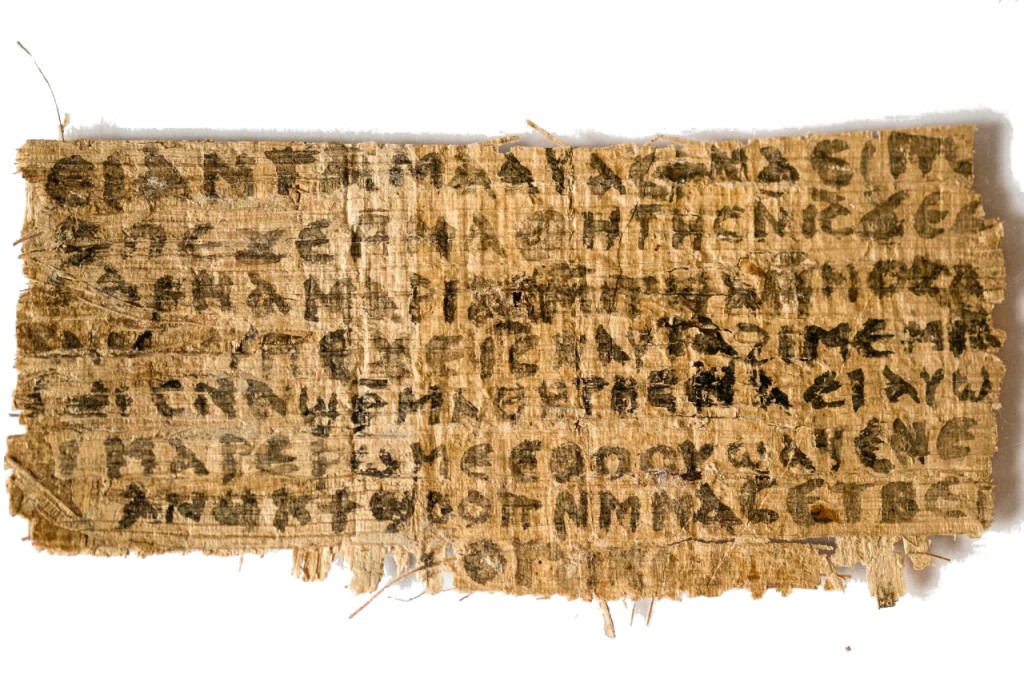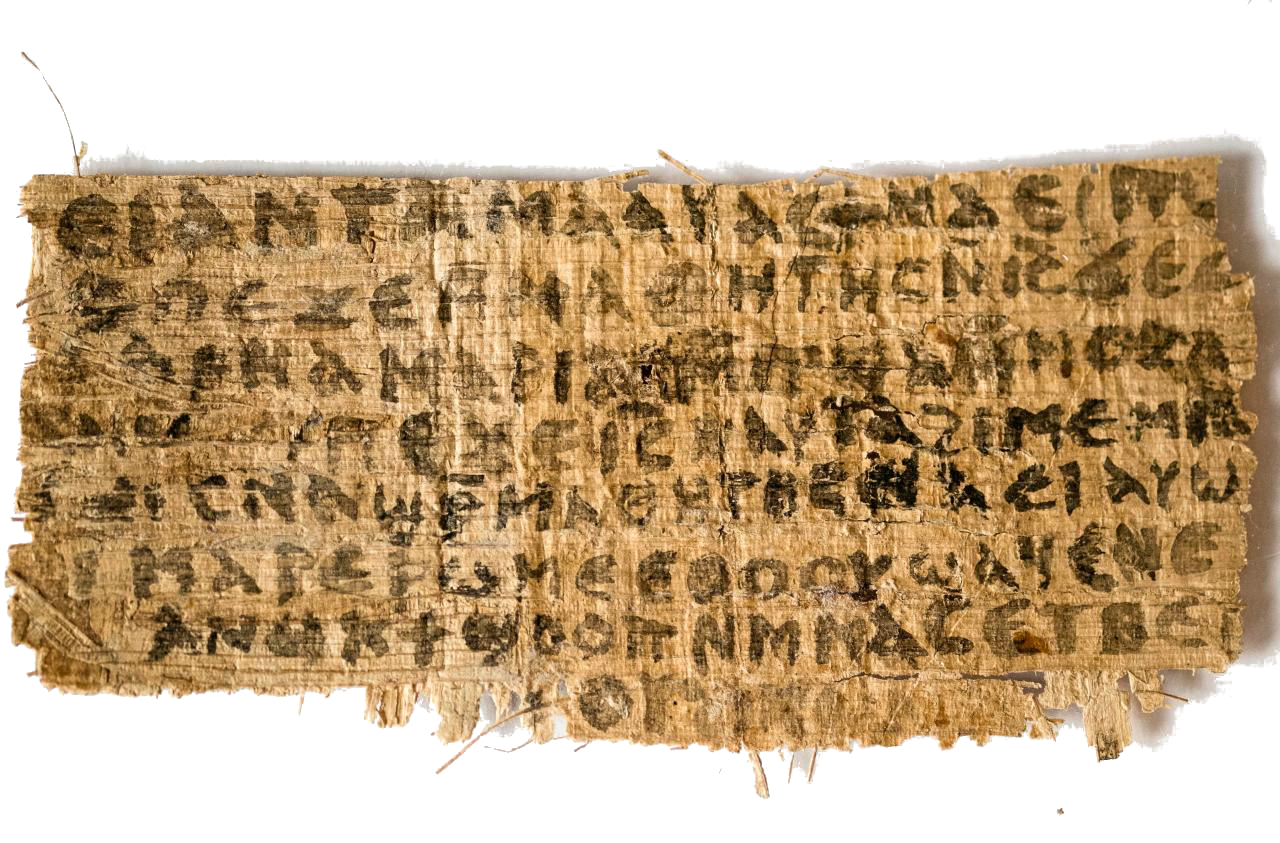 There has been some confusion expressed to me about the recent revelations from Christian Askeland (and further explained by Alin Suciu) about the Gospel of John fragment and how it eliminates any possibility of authenticity for the Gospel of Jesus’ Wife.
There has been some confusion expressed to me about the recent revelations from Christian Askeland (and further explained by Alin Suciu) about the Gospel of John fragment and how it eliminates any possibility of authenticity for the Gospel of Jesus’ Wife.
Allow me to break it down into simplified and easy-to-understand bullet points:
- The Gospel of Jesus’ Wife and the Gospel of John fragment were originally purchased together.
- According to dating tests, both are written on genuine, ancient papyrus.
- They are also both written with identical ink, in nearly identical handwriting, and apparently nearly identical writing implements. With this level of similarity, they must have been inscribed by the same person. Any alternative is infeasible.
- The Gospel of John fragment is demonstrably a forgery. It copies a known Coptic text of the Gospel of John first published in 1923 and made available on the Internet sometime in 2005-2008. The spellings, word choices, corrections, and line breaks (things which vary widely between versions and serve as a “fingerprint”) are identical to the modern printed edition edited by Herbert Thompson (every other line was copied precisely). This is virtually impossible if it were genuine.
- Because of this, the Gospel of Jesus’ Wife must also be a forgery. 1
So this means that even though both the Gospel of John fragment and the Gospel of Jesus’ Wife are indeed made from ancient materials — as carbon dating shows — they are without a doubt modern forgeries.
This is why comparative analysis is so very important.
Peace,
-Steve
UPDATE: Mark Goodacre also demonstrates the every-other-line copying very well.
Notes:
- (There are also a number of other important factors that all add up to forgery, but this is the most relevant to the present misunderstanding.) ↩


